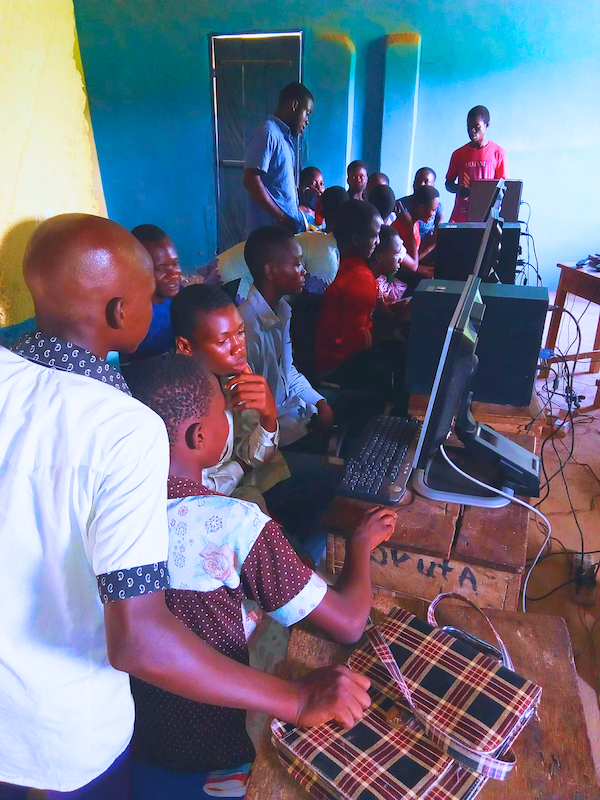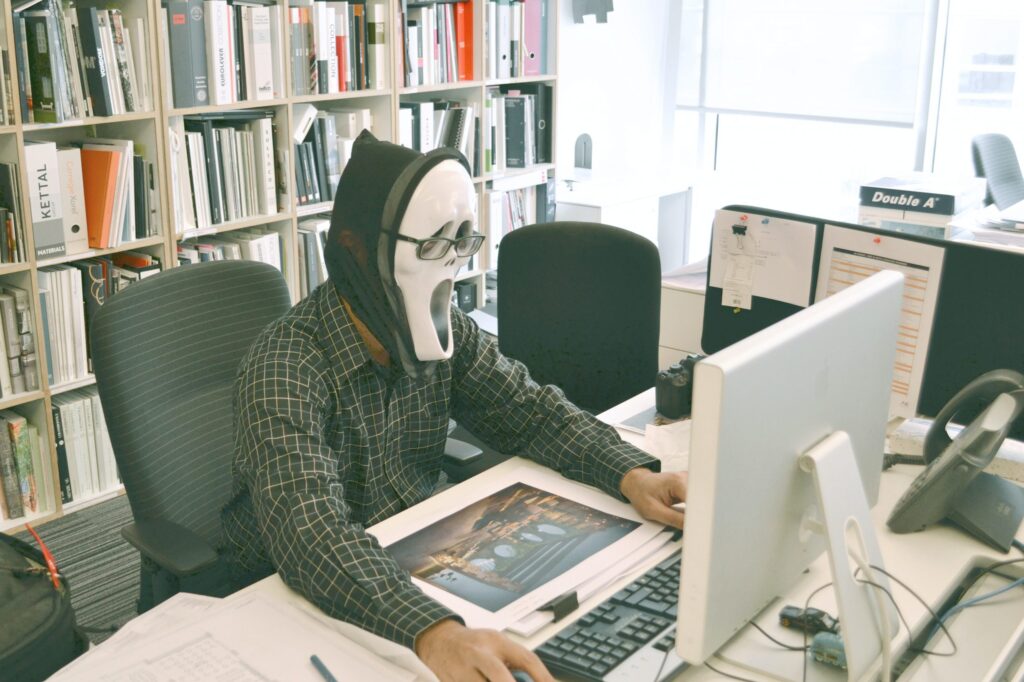In our risk-avoidance culture, we place premium value on safety. We insure our vacations. We check crash tests on cars. We extend warranties for our appliances. But by insulating ourselves from the unknown – the risks of life, we miss what really matters – the great adventure of living our lives to their full potential. The renowned surgeon, Ben Carson, spent his childhood as an ‘at-risk’ child on the streets of Detroit, and today he takes daily risks in performing complex surgeries on the brain and the spinal cord.
Now, offering inspiring personal examples, Dr Carson invites us to embrace rewarding risks in our own lives. From a man whose life dramatically portrays the connection between great risks resulting in greater successes, here are insights that will help you jettison your fear of risks. Such a mindset equips one to dream big, aim high, move with confidence, and reap rewards one could hardly imagine. By avoiding risks, are you also avoiding actualizing your full potential in life? The surgery was as risky as anything Dr. Ben Carson had seen. The Bijani sisters – conjoined twins – shared part of a skull, brain tissue, and crucial blood flow. One or both of them could die during the operation. But the women wanted separate lives, and were willing to accept the risk to reach the goal, even against the advice of their doctors. As a child on the dangerous streets of Detroit, and as a surgeon in operating theaters around the world, Dr Ben Carson has learned all about risk – he faces it on a daily basis. Out of his perilous childhood, a world-class surgeon emerged precisely because of the risks he was willing to take. In one of his compelling books, he examines our safety-at-all-costs culture and the meaning of risk and security in our lives.
In our 21st-century world, we insulate ourselves with safety. In today’s world, we insure everything from vacations to cell phones and the likes. We strive to be on low-cholesterol diets and secure low-risk mutual funds. But in the end, everyone faces risk – just like the Bijani twins did with their brave decision. Even if our choices are not so dramatic or the outcome so heartbreaking, what does it mean if we back away instead of move forward? Have we so muffled our hearts and minds that we fail to reach for all that life can offer us – and all that we can offer life in reciprocation? The following Risk Guides would perhaps take you through an examination of the significant bearing which risks have on your life:
- a short review of risk-taking in history;
- an assessment of the real costs and rewards of risks;
- learning how to assess and accept risks;
- understanding how risks reveal the purpose of your live;
- knowing the key roles risks play in helping you realize your full potential and ability to attain a greater height.
Thus, when it comes to the realm of pursuit of happiness, or if you like “success,” risk is the only option to make that dream a reality. Risk is the sole fundamental apparatus which when applied to the right place, at the right time, with the right attitude, and with a positive mind-set, no doubting, translates one’s adventurous dreams to unimaginable exploits, with corresponding effects of one’s set goals becoming the realities of one’s risk-taking. It is nothing short of construction of the mind to operate positively in the realm of risk-taking and management.
But if I may ask, why dreaming of a greater height, whilst imagining yourself soaring like an eagle? Why desiring to become a wealthy and an influential person? Why wishing to become the master – the independent architect and the chief builder of your own empire, among other enticing niceties of life the mind can conceive? Now, having engulfed and saturated your mind with the above mentioned heights of endless possibilities, my questions are: is “risk-taking” worth avoiding? Is it worth quitting your struggles? No! Certainly, it is not. Conversely, risk-taking is worth your courage to even strike harder when the struggle gets tougher. Risk-taking demonstrates how passionate you are towards your set goals. Risk-taking foregrounds your ability and dedication in attaining a purposeful life. Risk-taking is an alternative means of driving powerful innovations and unique ideologies home. It is virtually the ultimate answer to the question on how man can reconcile the relative interior forces with the exterior, so as to live a purposeful and meaningful life.
In my own case, as a disabled person who suffered quite a streak of horrendous pains and impairment in my both eyes, which culminated in sudden blindness, the same reality tells. In other words, risk-taking is not restricted to a particular set of people in the society save those who detest success and as a consequence do not have a purpose or meaning to their lives.
As a young blind man, from the very day I lost my sight, I was practically faced with a dilemma –torn between looming failure and risk-taking. Everything was like a dream to me. I thought of how I would ever become anything good to myself, my family and the society again. I thought of the pleasures of life that I had lost and which I would forever miss, since my sight had taken an unannounced leave of me. The most disheartening and heartbreaking thing I thought of was how blindness forcefully took me away from the walls of the classroom, making me to forget and stop thinking about formal education. During the time of this excruciating turmoil and undeserved ordeal, which was equally the same period when I just concluded my primary school education, one could imagine how tender I was in age. I could only think of a negative type of risk-taking – a suicidal thought. Of course I attempted suicide more than twice but failed. I did so time and again but was unsuccessful. I actually thought I was taking a just, most suitable risk but never knew I was threading a painful path and a woeful option to exterminating my own life.
I am not in any way trying to deviate from the context upon which this piece of writing is predicated but rather relating the subject-matter – risk-taking – to the degree in which it has effectively and positively impacted my own life. To cut the whole story short, my life has, over the years, from the moment I lost my sight to this present time, been characterised by risk-taking. My physical challenge itself is a very big risk. Trying to make the best out of my visual impairment is purely risk-taking.
In a similar vein, persons with disabilities especially those who struggle to get formal education in various academic institutions in Nigeria – from primary to tertiary institutions, are perhaps faced with unfavourable circumstances that seem to be beyond their control. But their resolve to surmount the accompanying pains is a risk worth taking, just like I did and still do.
Conclusively, risk-taking is an awesome, phenomenal venture which my disability compels me to embrace on a daily basis. Risk-taking lifted me from the abysmal ditch of illiteracy, ignorance and self-pity to the corridor of global information and formal education.
By a way of winding this piece up, I allude to a saying of one of my favourite writers, George Bernard Shaw, which has it that: “Life isn’t about finding yourself; life is about creating yourself.” Indeed, it will be wholly impossible to create yourself in the absence of risk-taking. If you live long enough, you will make mistakes. But if you learn from them, you will be a better person. It is how you handle adversity, not how it affects you that defines your existence. The main thing is – never quit; never, never quit. That is all that matters.
BY CHUKWU, CHIKWADO RAPHAEL,
BLIND LAW STUDENT, UNIVERSITY OF LAGOS, NIGERIA




